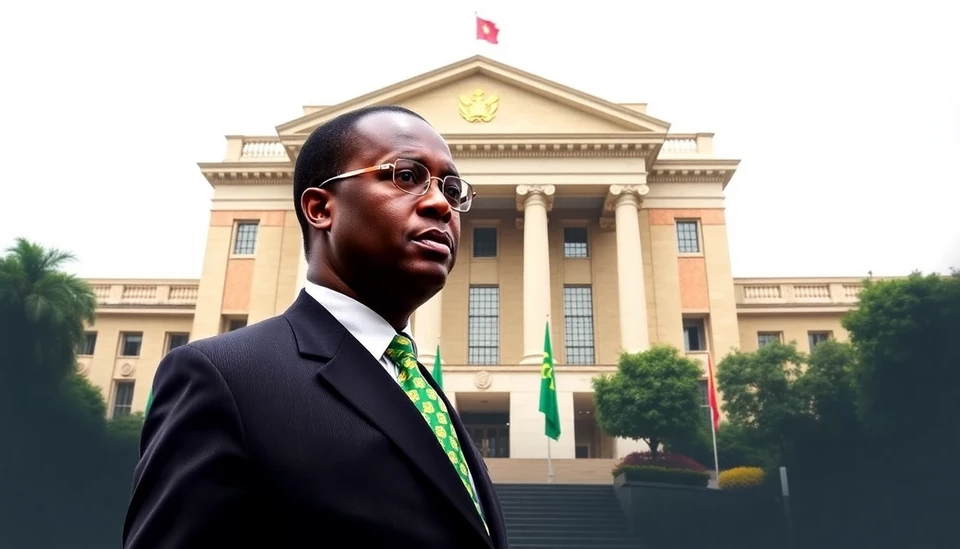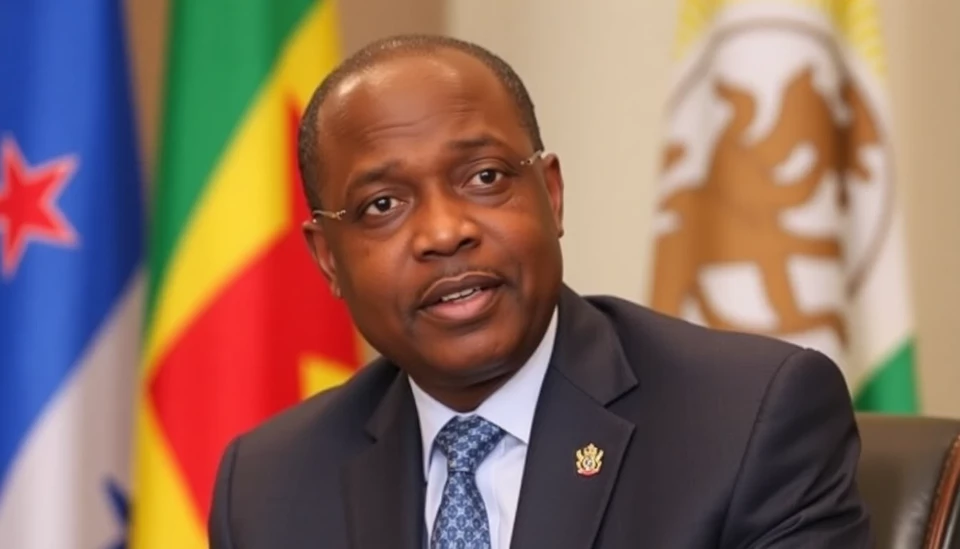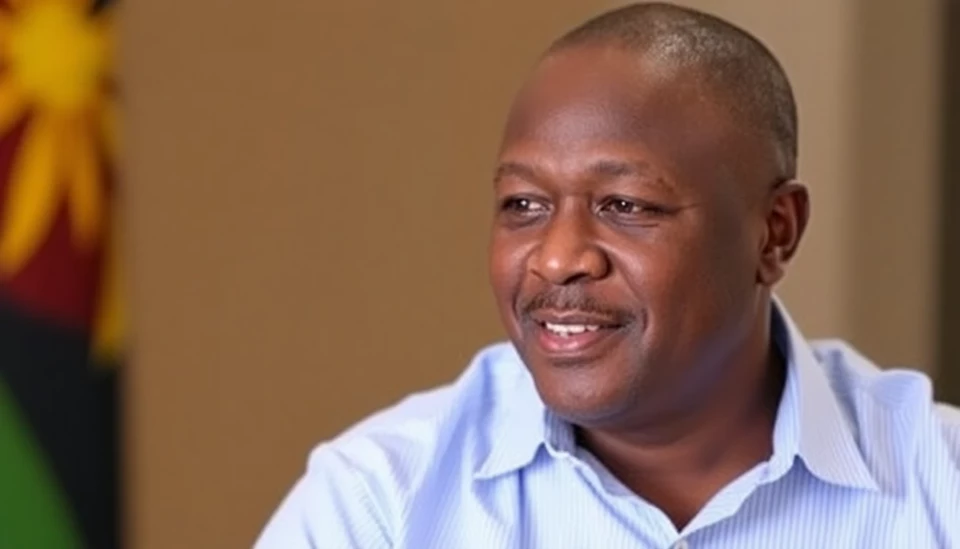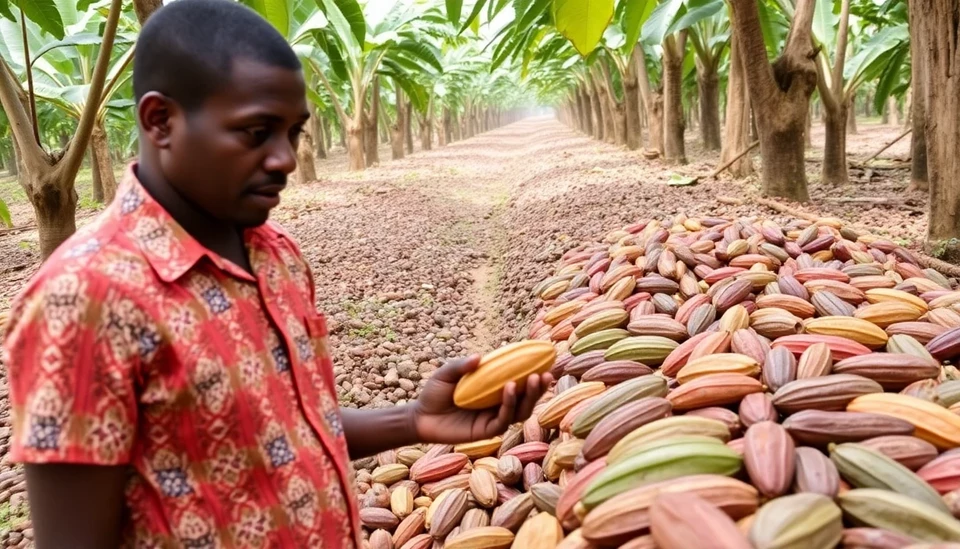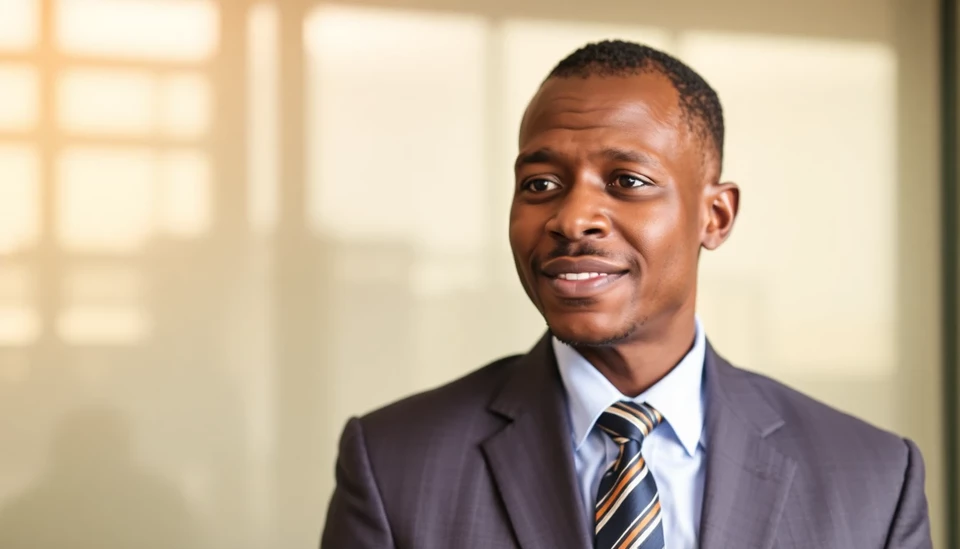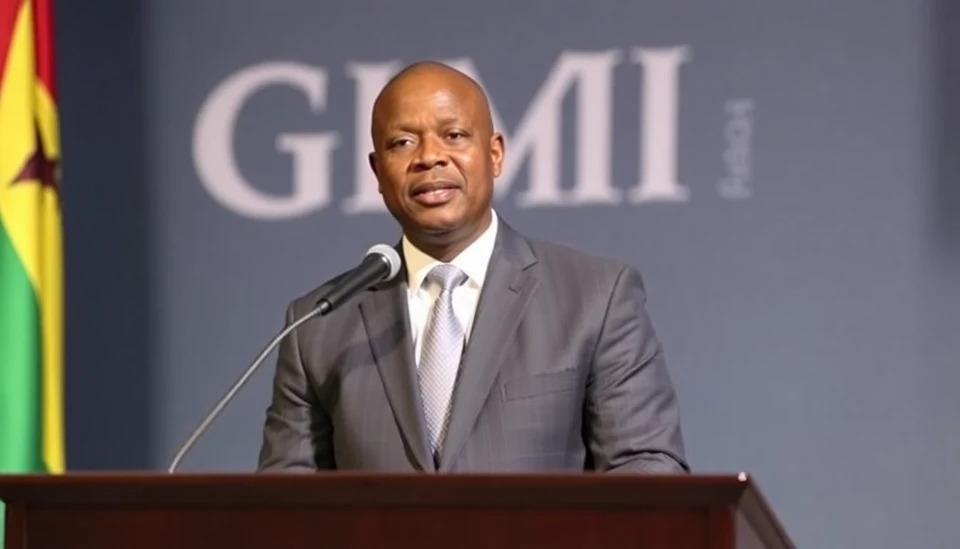
In a significant declaration that aims to reassure citizens and stakeholders alike, Ghana's newly elected president has outlined a commitment to implementing gradual reforms as part of an agreement with the International Monetary Fund (IMF). The agreement, which is pivotal to the nation’s economic recovery plans, seeks to stabilize the economy while avoiding drastic austerity measures that could lead to further public discontent.
The president-elect's announcement comes at a crucial time when Ghana is grappling with significant economic challenges, including soaring inflation rates and a depreciating currency. The new leader emphasized the necessity of engaging the IMF in a way that acknowledges the struggles faced by the average Ghanaian citizen while adhering to the expectations of the international financial organization.
During a press briefing, the president-elect articulated his vision for the economy, stating that the government aims to balance fiscal responsibility with the need for social equity. "Our goal is to bring relief to our people while ensuring we meet our fiscal targets," he said. The emphasis on gradual reforms suggests a shift from more aggressive economic measures that have historically led to public unrest.
The economic package secured through the IMF includes measures designed to restore confidence in the Ghanaian economy, which has been rattled by external shocks and internal mismanagement. However, details about the specific nature of these reforms remain closely guarded as negotiations with the IMF progress.
Experts have remarked that the president-elect's approach could help mitigate potential backlash from the populace, which has expressed fatigue from previous rounds of austerity measures. By promising gradual reform, the new administration aims to foster a more collaborative relationship with citizens, thus paving the way for a smoother implementation of economic strategies.
The governmental transition is expected to receive close scrutiny from international observers, particularly those monitoring Ghana's adherence to the terms of its IMF agreement. Analysts suggest that the new president's ability to navigate this complex landscape will be critical for restoring economic stability and promoting growth.
As the country moves forward, the integration of these gradual reforms will also depend heavily on effective communication and transparency from the government. The president-elect has signalled a commitment to maintaining an open dialogue with citizens regarding economic conditions and reform updates, which many see as a vital step in rebuilding trust in government institutions.
As Ghana embarks on this potentially transformative journey, the coming months will be pivotal in determining the success of the economic recovery strategy implemented by the new administration.
In summary, the promise of gradual reforms aligned with the IMF agreement reflects a sensitive approach to governance in economically turbulent times. The president-elect's focus on balancing fiscal discipline with social considerations is indicative of a strategy aimed at achieving long-term economic resilience without alienating the populace.
As this narrative unfolds, stakeholders from various sectors will be keenly observing how these reforms materialize and whether they will yield the anticipated economic revitalization.
#Ghana #IMF #EconomicReforms #PresidentialAnnouncement #Inflation #CurrencyDepreciation #GhanaEconomy #Leadership #Governance
Author: Daniel Foster
